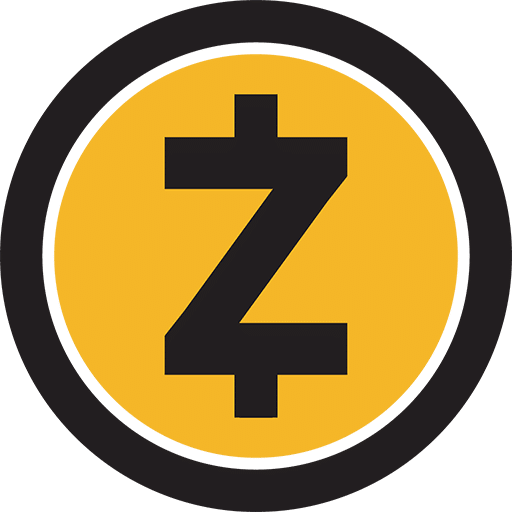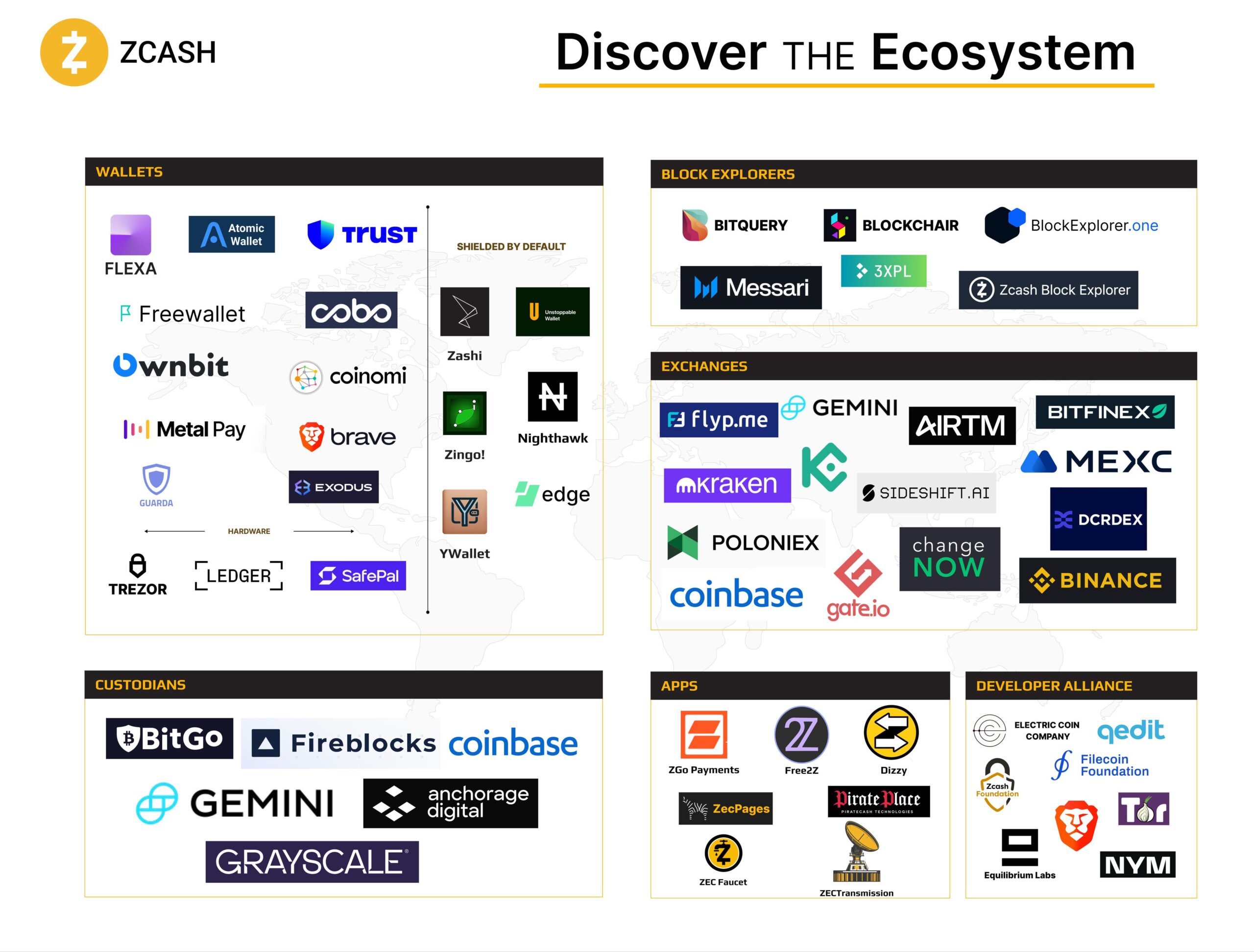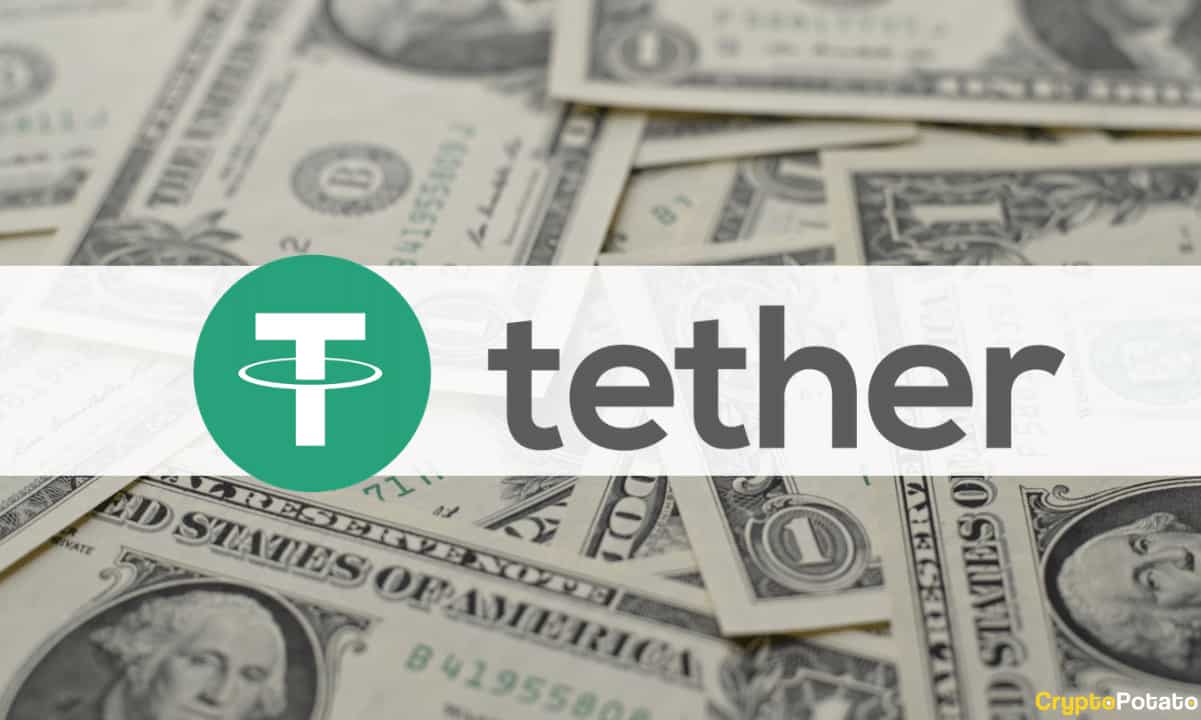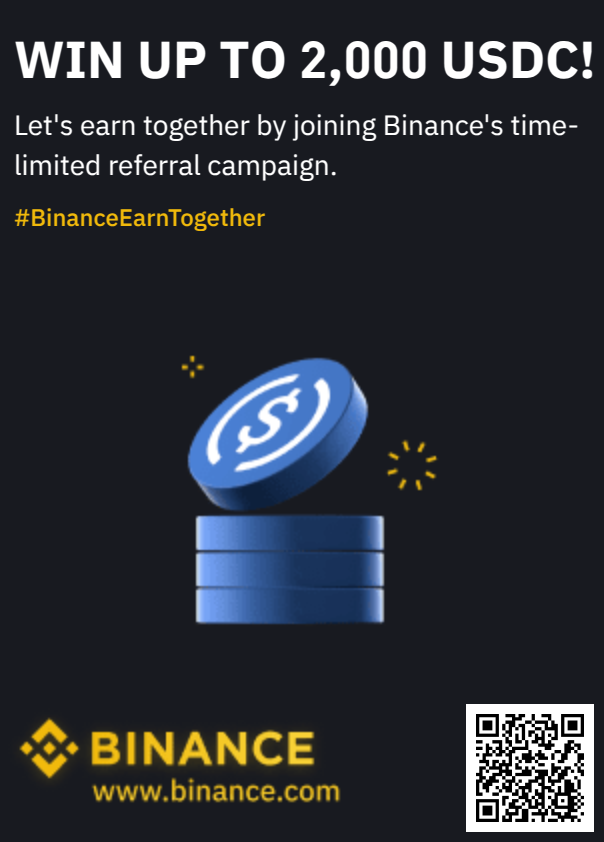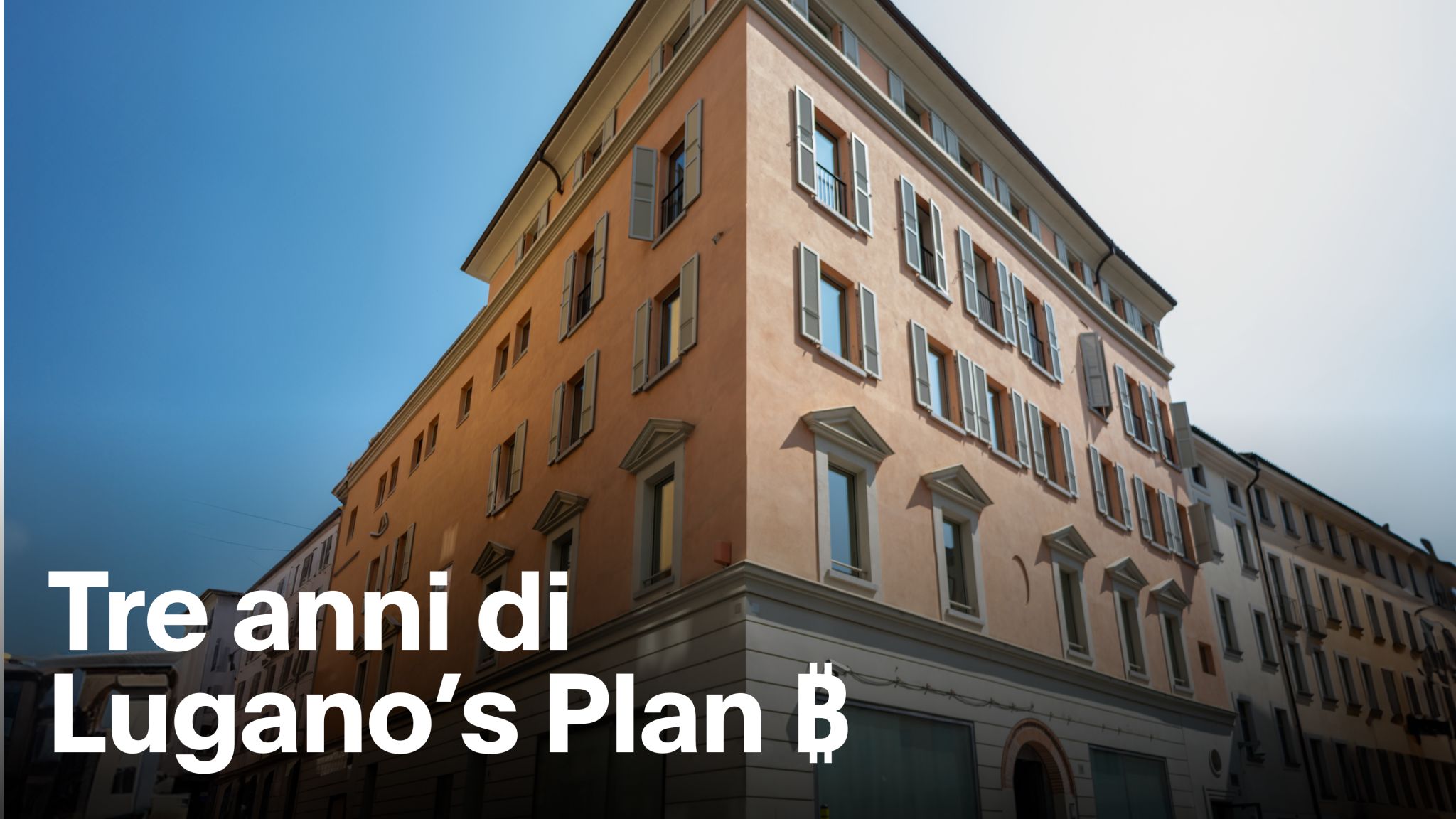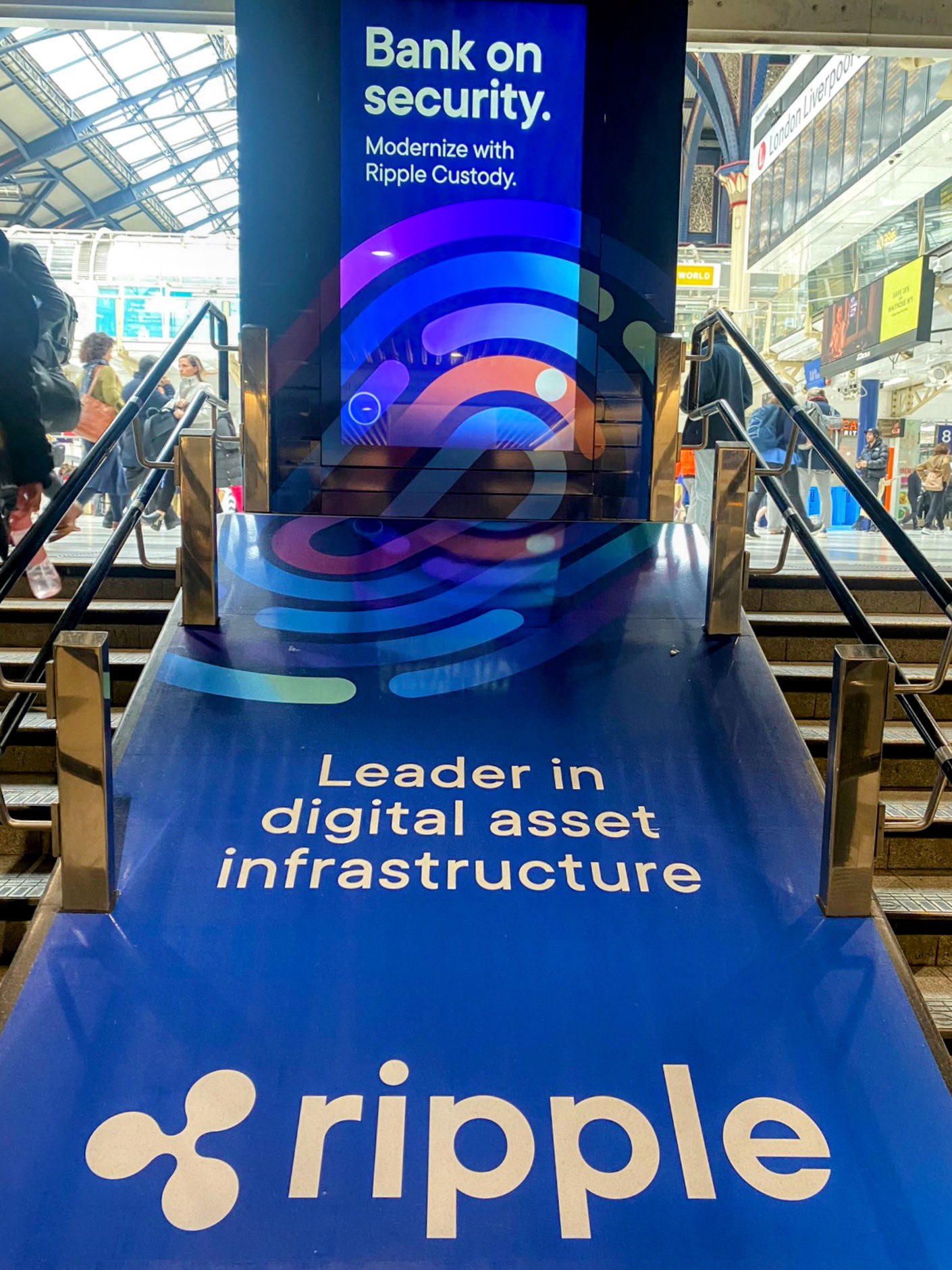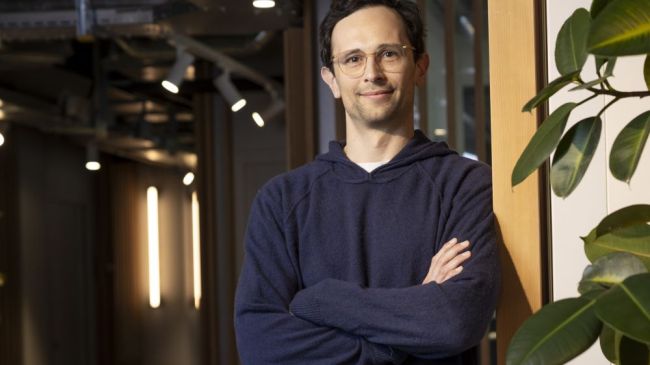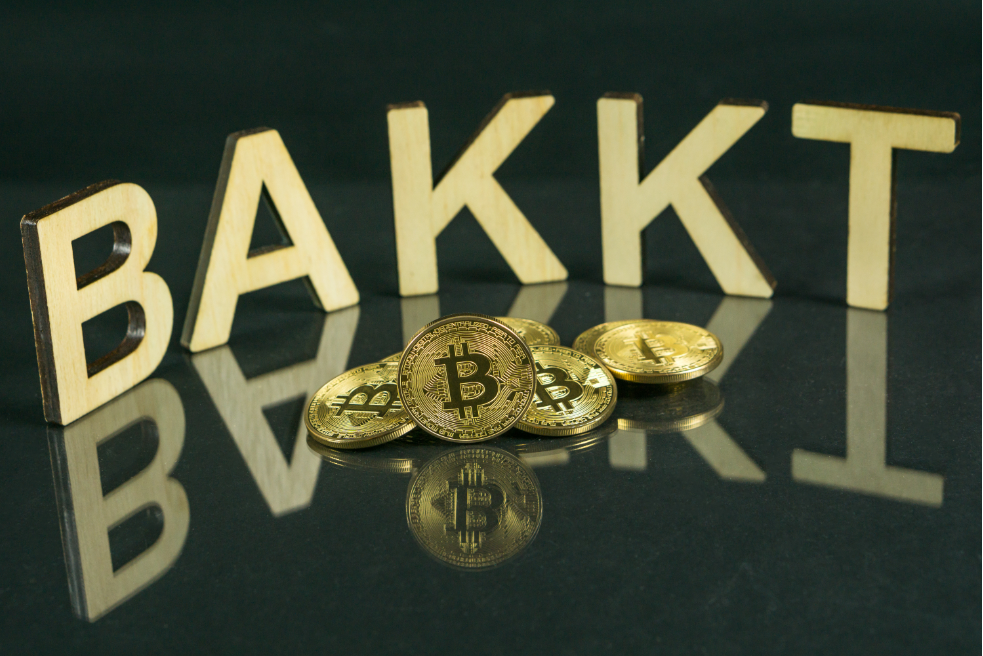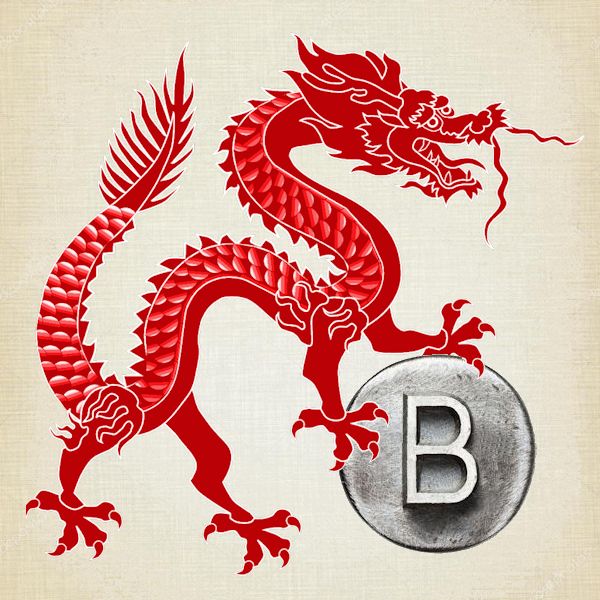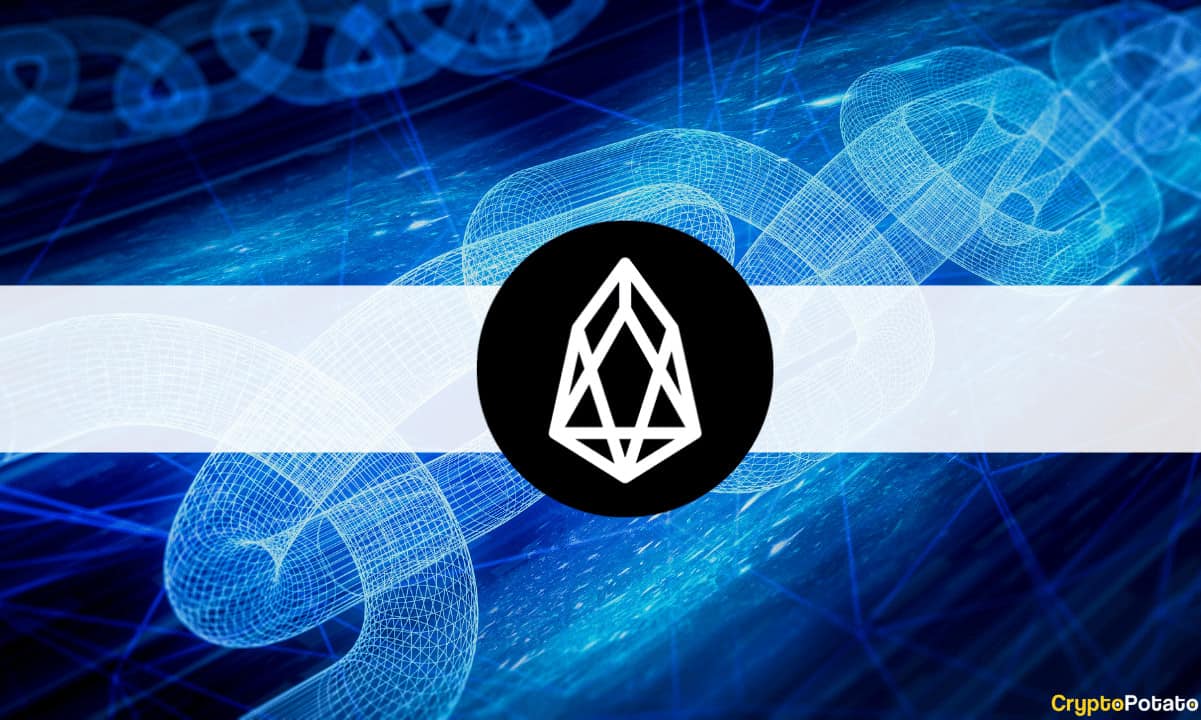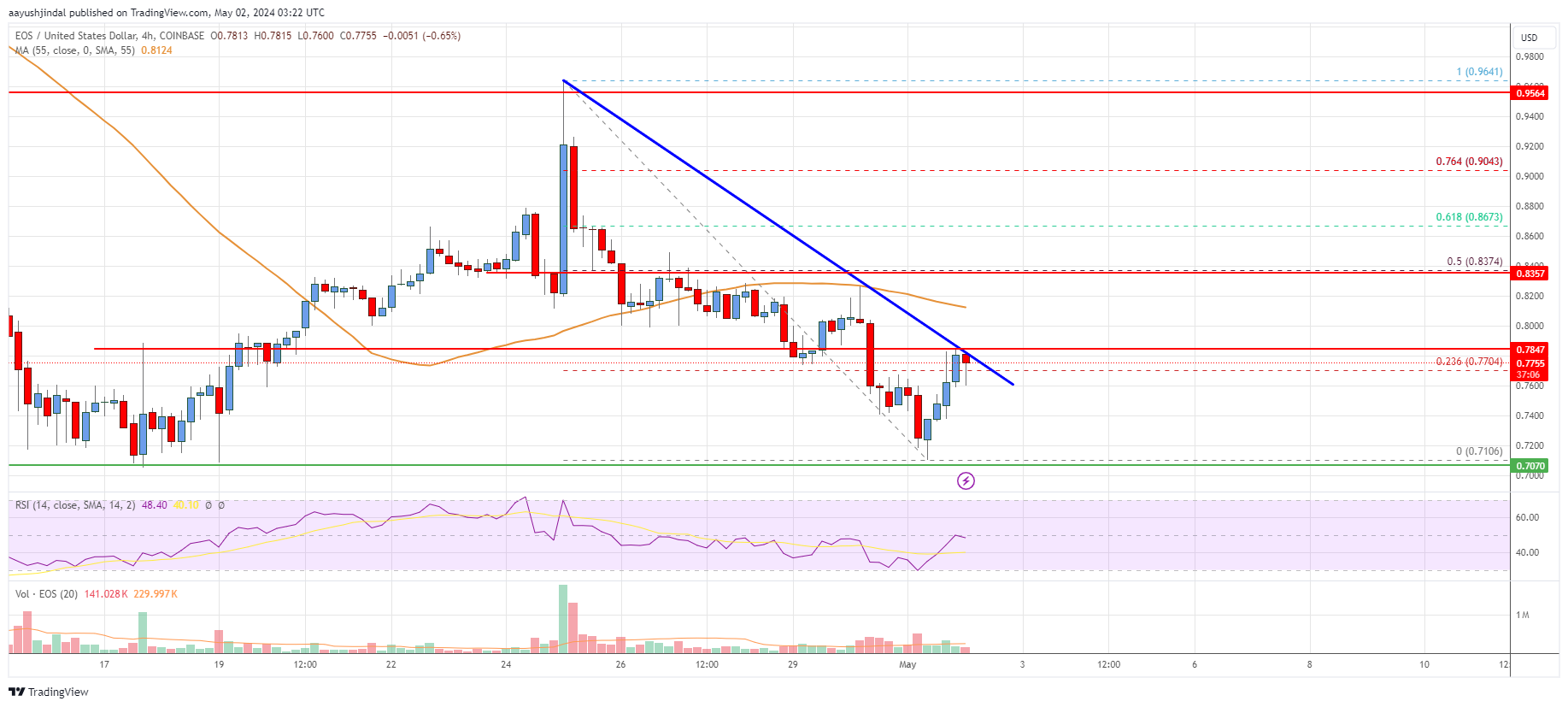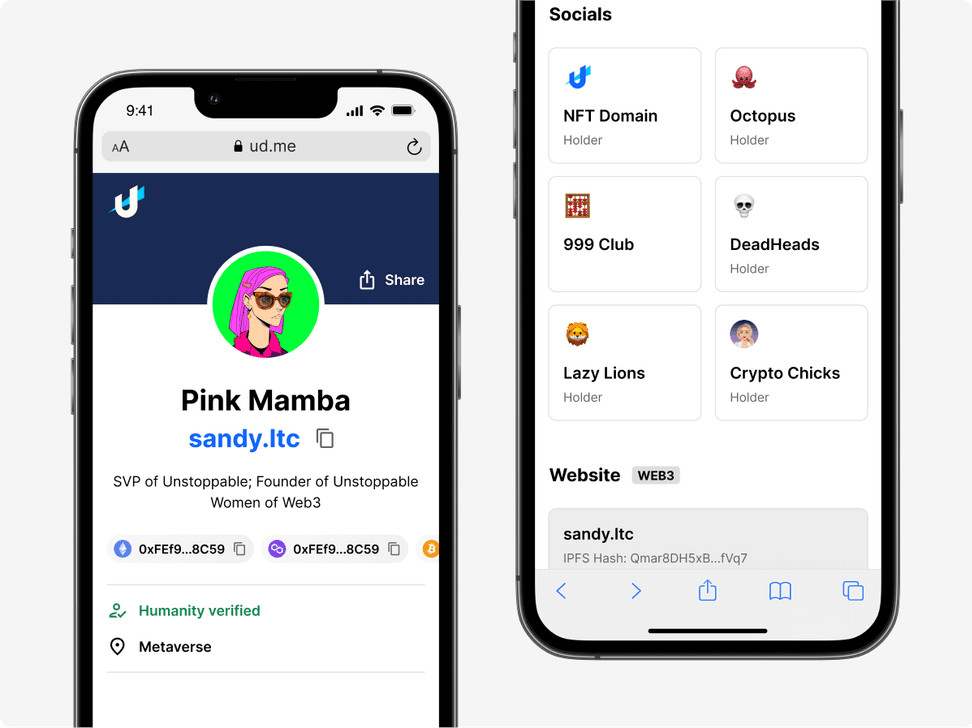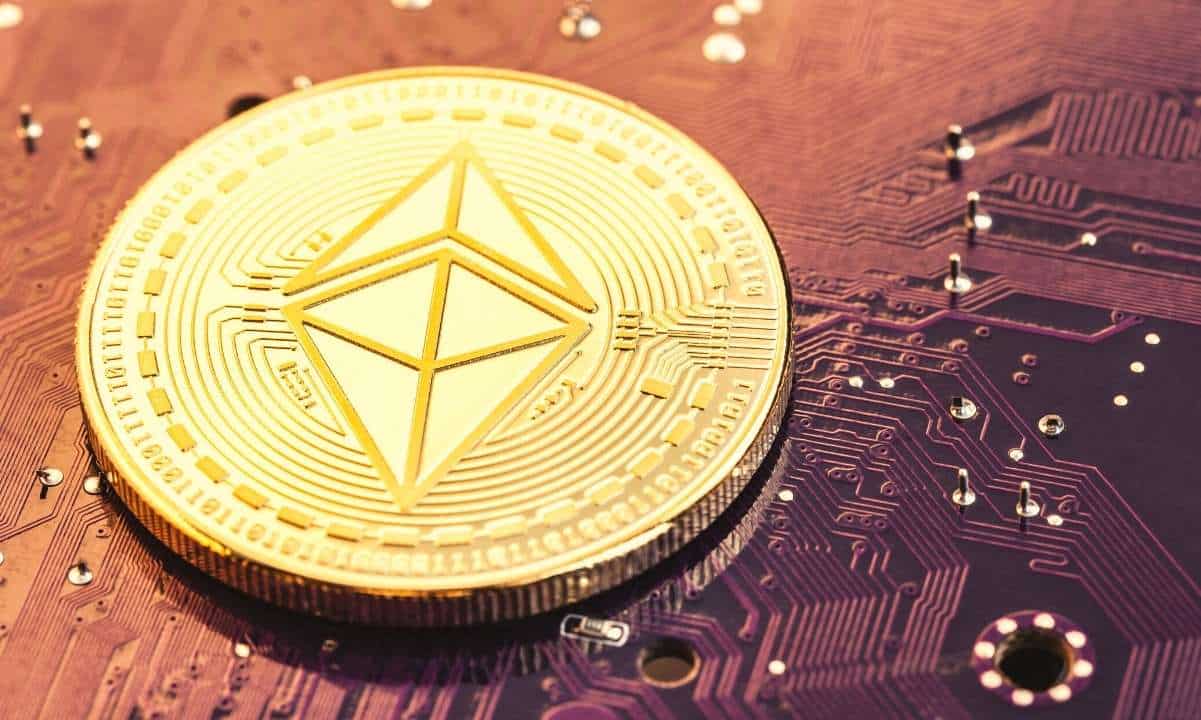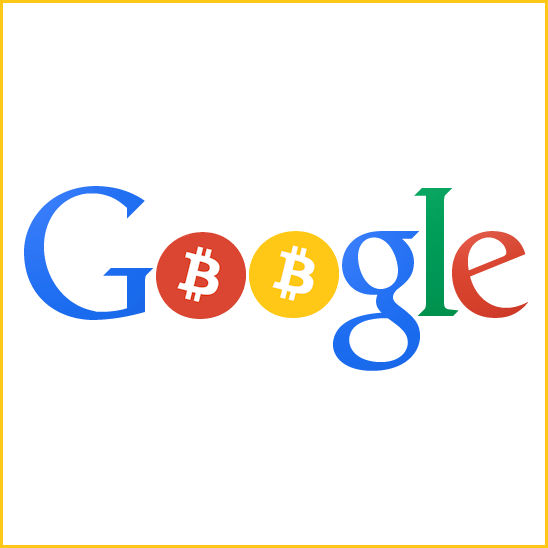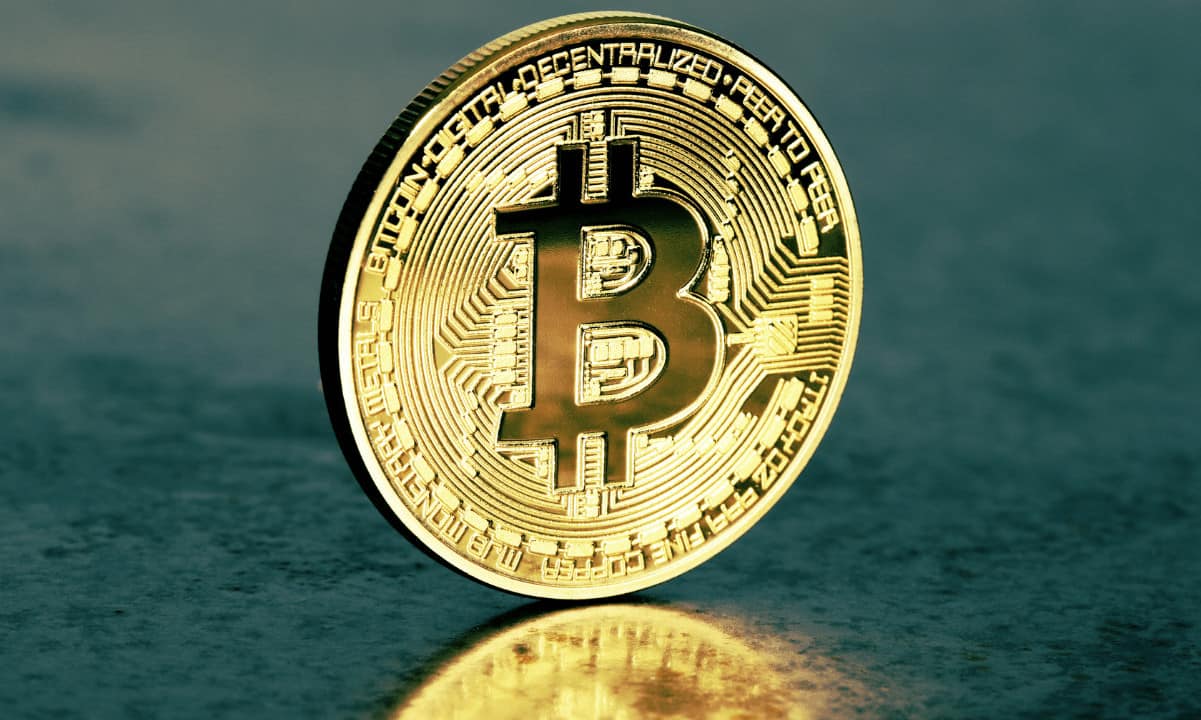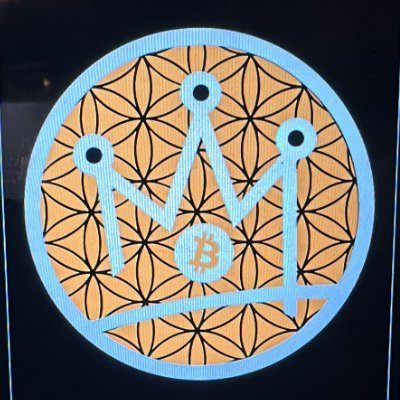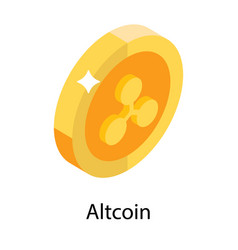Wenn alle 21 Millionen Bitcoin geschürft sind, wird das Bitcoin-Netzwerk vor eine neue Phase seiner Entwicklung treten. Der Prozess des Mining, bei dem Transaktionen verifiziert und neue Bitcoins generiert werden, wird bis dahin weitgehend durch Transaktionsgebühren statt durch Blockbelohnungen finanziert. Dies könnte einige wesentliche Auswirkungen auf das Netzwerk haben: Veränderung der Miner-Anreize: Der Hauptanreiz für Miner, das Netzwerk zu sichern, ist derzeit die Blockbelohnung. Wenn diese Belohnung wegfällt, müssen sich Miner stärker auf Transaktionsgebühren verlassen. Dies könnte die Rentabilität des Minings beeinflussen
Topics:
Bitcoin Schweiz News considers the following as important: Angebot und Nachfrage, Bitcoin-Wert, Blockbelohnung, Entwickler-Community, Marktentwicklung, Miner-Anreize, Netzwerksicherheit, Rechenleistung, Transaktionsgebühren
This could be interesting, too:
Bitcoin Schweiz News writes Was passiert, wenn alle 21 Millionen Bitcoin gemined sind?
Christian Mäder writes Bitcoin-Transaktionsgebühren auf historischem Tief: Warum jetzt der beste Zeitpunkt für günstige Überweisungen ist
Bitcoin Schweiz News writes Distributed Hash Tables: Das unsichtbare Rückgrat von Bitcoin
Bitcoin Schweiz News writes Droht Bitcoin die Inflation? Warum die 21-Millionen-Grenze nicht in Stein gemeißelt ist

Wenn alle 21 Millionen Bitcoin geschürft sind, wird das Bitcoin-Netzwerk vor eine neue Phase seiner Entwicklung treten. Der Prozess des Mining, bei dem Transaktionen verifiziert und neue Bitcoins generiert werden, wird bis dahin weitgehend durch Transaktionsgebühren statt durch Blockbelohnungen finanziert. Dies könnte einige wesentliche Auswirkungen auf das Netzwerk haben:
- Veränderung der Miner-Anreize: Der Hauptanreiz für Miner, das Netzwerk zu sichern, ist derzeit die Blockbelohnung. Wenn diese Belohnung wegfällt, müssen sich Miner stärker auf Transaktionsgebühren verlassen. Dies könnte die Rentabilität des Minings beeinflussen und möglicherweise die Anzahl der Miner verringern.
- Erhöhung der Transaktionsgebühren: Um Miner zu kompensieren, könnten die Transaktionsgebühren steigen. Dies könnte zu höheren Kosten für Nutzer führen, was die Zugänglichkeit und den Einsatz von Bitcoin beeinträchtigen könnte.
- Netzwerksicherheit: Die Sicherheit des Bitcoin-Netzwerks wird stark durch die Rechenleistung der Miner gewährleistet. Wenn die Miner-Anreize sinken, könnte dies zu einer Reduzierung der Netzwerk-Sicherheit führen, wenn nicht genügend Anreize bestehen, um die notwendige Rechenleistung aufrechtzuerhalten.
- Langfristige Stabilität: Die Entwickler-Community von Bitcoin arbeitet kontinuierlich an der Verbesserung und Anpassung des Protokolls. Es ist möglich, dass Anpassungen vorgenommen werden, um das Netzwerk stabil zu halten und Miner weiterhin zu incentivieren.
- Marktentwicklung: Der Bitcoin-Markt wird sich weiterentwickeln, und der Wert von Bitcoin könnte durch Angebot und Nachfrage beeinflusst werden. Die Aussicht, dass alle Bitcoins geschürft sind, könnte potenziell den Wert von Bitcoin beeinflussen, je nachdem, wie die Marktbedingungen und die Regulierung sich entwickeln.
Insgesamt ist es ein komplexer und vielschichtiger Übergang, der weitreichende Auswirkungen auf die Funktionsweise und das Ökosystem von Bitcoin haben könnte.
This Year’s Theme: “On the Move”
Throughout history, people have left their homes for a variety of reasons and have found themselves in faraway places. This has led to encounters with foreign lands, their inhabitants, their customs, their flora and fauna. Cultural heritage collections are full of artifacts resulting from and bearing witness to those people “on the move”: archival records, travel reports, audiovisual documents, object collections, oral histories etc. These artifacts weave an invisible web between people and places, between events and stories being told about them, between heritage collections and scholars, and between the people of every generation making sense of them – through artistic creation, through the (de-)construction of collective memories, or by exploiting them in the pursuit of political or economic interests.
The thematic focus is intended as a source of inspiration; hackathon participants are free to work on other topics related to cultural heritage.
Datasets
SHARE YOUR DATA in view of the upcoming Open Cultural Data Hackathon:
You may own yourself cultural data that you are ready to share. Please look at the infosheets and if you have any questions, feel free to contact: lionel.walter(at)openglam.ch
New Datasets
The list of new datasets that have been made available in view of this year’s hackathon will follow shortly.
Selection of Earlier Datasets
Below is a selection of earlier datasets that fit in well with this year’s theme:
You may also want to consult our full list of open datasets for further inspiration.
Hackathon Challenges
Do you already have a challenge or an idea for a project to work on during the hachakthon? – If yes, feel free to share it on our challenges page. You will be invited to pitch your challenge or project idea at the beginning of the hackathon to invite others to form a team and work on it during the event.
Workshop GLAM & Digital Humanities (Thursday Afternoon)
The Swiss network for the digital humanities DARIAH-CH is setting up a GLAM Working Group. The new working group’s mission is to strengthen the cooperation between the Heritage Sector, the Cultural Sector, Public Administration, and the Digital Humanities in the area of data and data infrastructures.
If you are a researcher, work in the cultural heritage field, or are otherwise interested in the topic, you are welcome to join us for this workshop where we will start devising the action plan of this working group.
| Thursday, 5th September 2024 | Program (location: Neubad) |
| 15:15 – 17:15 | Workshop GLAM & Digital Humanities |
| 18:00 – 19:30 | Dinner at Neubad (at participants’ own expense) |
Open GLAM Night (Thursday Evening)
Celebrate with us the Open GLAM Night at Lucerne Neubad with contributions from Mexican artists, a participatory performance of the Swiss Afro-Cuban artist Ivonne Gonzalez, and a kaleidoscope of “remarkable” Lucernese people.
The first part of the event will be live-streamed to one of the cinemas of the Complejo Cultural of the Benemérita Universidad Autónoma de Puebla (BUAP), our Mexican partner organization.
The event is open to the public at large. Admission is free. Consumption at Neubad is at participants’ own expense. No registration is required if you plan to attend only this public event.
The detailed programme is available here.
| Thursday, 5th September 2024 | Program Open GLAM Night (location: Neubad) |
| 19:00 | Opening of the Doors |
| 19:30 – 19:45 | Welcome and Opening of the Open GLAM Night |
| 19:45 – 20:45 | CultureFLOW – Artistic Projects from our Mexican Partner University |
| 21:00 – 21:45 | Re-Imagining Future Collections – Immersive Performance |
| 21:45 – 23:00 | Famous Lucernese People on the Move |
| 00:30 | Closing Time |
Hackathon Program (Friday & Saturday)
The hackathon takes place from Friday morning to Saturday evening at Moderne Bar & Karussell/ZHB Luzern. We will meet on Friday morning in the Moderne Bar & Karussell (Pilatusstrasse 21). Then we will inform you about the locations and where exactly the workplaces are. Note that the detailed programme is subject to change. If you have any questions, please contact Gaston Wey.
| Friday, 6th September 2024 | Program |
| 08:30 – 09:00 | Check-in, Breakfast |
| 09:00 – 09:20 | Opening Session |
| 09:20 – 09:40 | Presentation of the datasets |
| 09:45 – 11:00 | Presentation of Challenges / Idea Pitching (3 minutes per person) |
| 11:00 – 12:00 | Group Creation – First Group Meeting |
| 12:00 – 13:00 | Noon Break |
| 12:00 – 18:30 | Work in groups |
| 18:30 – 20:00 | Dinner |
| from 20:00-23:30 | Work in groups (“night shift”) |
| Saturday, 7th September 2024 | |
| 08:30 – 09:00 | Breakfast, Foyer |
| 09:15 – 09:30 | Check-in “Welcome to Day 2” |
| 09:30 – 13:00 | Work in groups |
| 13:00 – 14:00 | Lunch |
| Work in groups | |
| 15:30 – 17:00 | Final Project Presentations |
| 17:00 – 18:00 | Apéro/End |
Organizers
This event is organized by the OpenGLAM CH Working Group of the opendata.ch association, with contributions from:
| Opendata.ch | |
| Beat Estermann (Member of the Board; Lead Open GLAM Programme a.i.) | |
| Oleg Lavrovsky (Technical Support) | |
| Jonas Lendenmann (Dataset Team) | |
| Lionel Walter (Lead Dataset Team) | |
| Gaston Wey (Support Project Coordination) | |
| ZHB | |
| Christian Erlinger (Dataset Team, Host Institution) | |
| Benjamin Flämig (Director, Host Institution) | |
| Simone Rosenkranz (Open Science Manager, Host Institution) | |
| Juliette Wyler (Coordinator, Host Institution) | |
| BUAP | |
| Sandra Palacios (Coordination CultureFLOW @ BUAP, México) | |
| HSLU | |
| Birk Weiberg | |
| infoclio.ch | |
| Enrico Natale (Documentation) | |
| Swiss National Museum | |
| Pierre-Louis Blanchard (Dataset Team) | |
| Wikimedia CH | |
| Sandra Becker (Support Programme Team) |
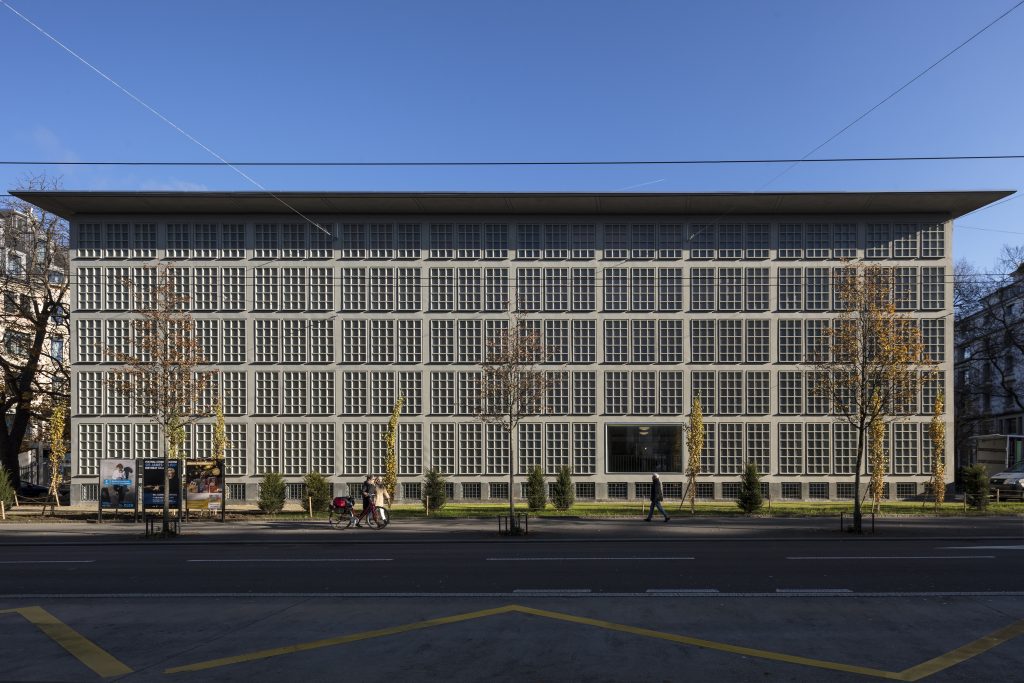
Free as in freedom
We thank our sponsors for being able to offer free tickets and support to all GLAMhack participants. However, places are strictly limited and we hope to account for everyone. If you register for an event and do not show up, this means that someone else may not be able to participate, and it will generate food waste. Therefore we kindly ask you to notify us as soon as you can in the event of sickness or change of plans. Failing to do this, we ask you to make a voluntary donation of 100 CHF.
What else….
Watch the the project presentations of the GLAMHack 2023 in Geneva.
Learn more about the first nine Open Swiss Cultural Data Hackathons.
In the meantime, follow Opendata.ch on Twitter, LinkedIn.
Check out our open GLAM Newsletter and Opendata.ch Newsletter.
Stay tuned for more or write to [gaston.wey at opendata.ch] for more information.
Curious about all things GLAM (Galleries, Libraries, Archives and Museums)? Check out our website.
We can’t wait to see and hack with you!

Sponsors


